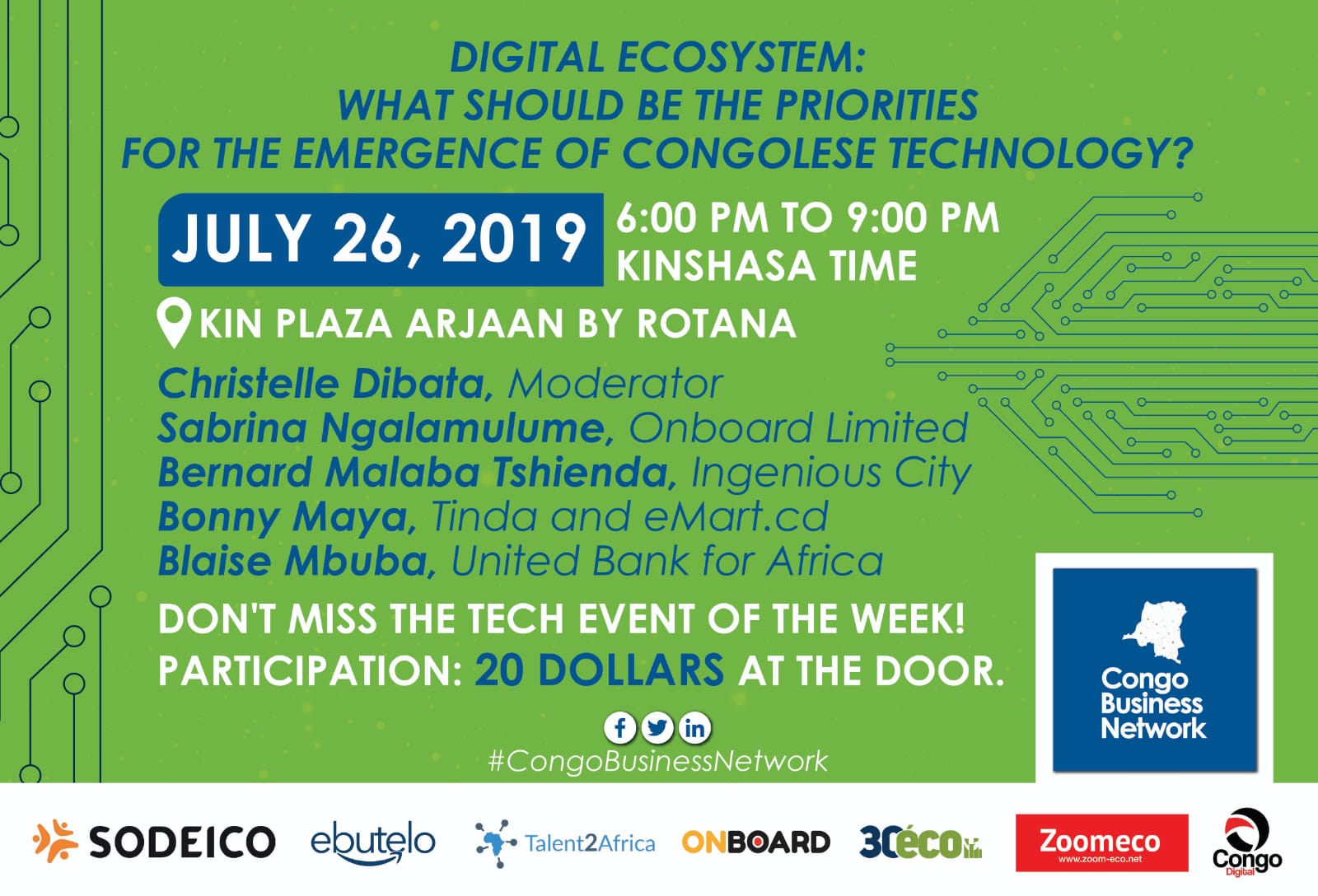Having salesmen with great negociation skills is a recipe for success for a company. The art of negociaion is not limited to the world of sales only actually. It touches all parts of life, from the life of a couple, a life of politics, to a life in business or even a family life. Nowadays, the fact that they are plenty of training courses aiming at maximizing the chances of being a good negotiator in terms of business, is proof of how important it is especially for a salesman for who it represents a good deal. For salesmen in deed, having a successful negociation means managing to establish a long lasting relationship with the clients and the partners. It is therefore crucial for the salesman to be on top of the game when it comes to negociation so he can fully understand it and find ways to improve the skills in that department.
Good negociation comes with good preparation
The first thing you need to know is that as a salesman, it is essential to be rightfully prepared before you start a process of negociation. To do so you will need specific coaching and management from salesmen managers. This would mean for a salesman who cares about being the best at négociations, to be fully prepared and know the product perfectly, the market and the needs of potential clients. The preparation requires a certain analytical mind, an intellectual curiosity, reasoning skills especially when the negotiations are about a specific subject.
Knowing how to improve and develop your emotional intelligence
As a part of the soft skills intelligence, emotional intelligence is something very important especially in negotiation. Emotional intelligence comes with control of yourself and your emotions in order to handle negotiations in the best conditions. This quality comes handy in situations where you find it hard to close a deal with a client. Self-confidence and empathy are more than needed in that type of situation. The best negotiators are the ones with the best emotional intelligence. It can be improved by getting coaches that will give you training and specific advices. Also, determination and a strong will to persuade are very important qualities that facilitators look for.It does not mean that salesman who don’t have those qualities are not good negociators. It is never too late to overcome our own weakness by planing specific tactics to do so.
You can also read Ways to successfully and truthfully explain gaps in your CV during an interview ?










